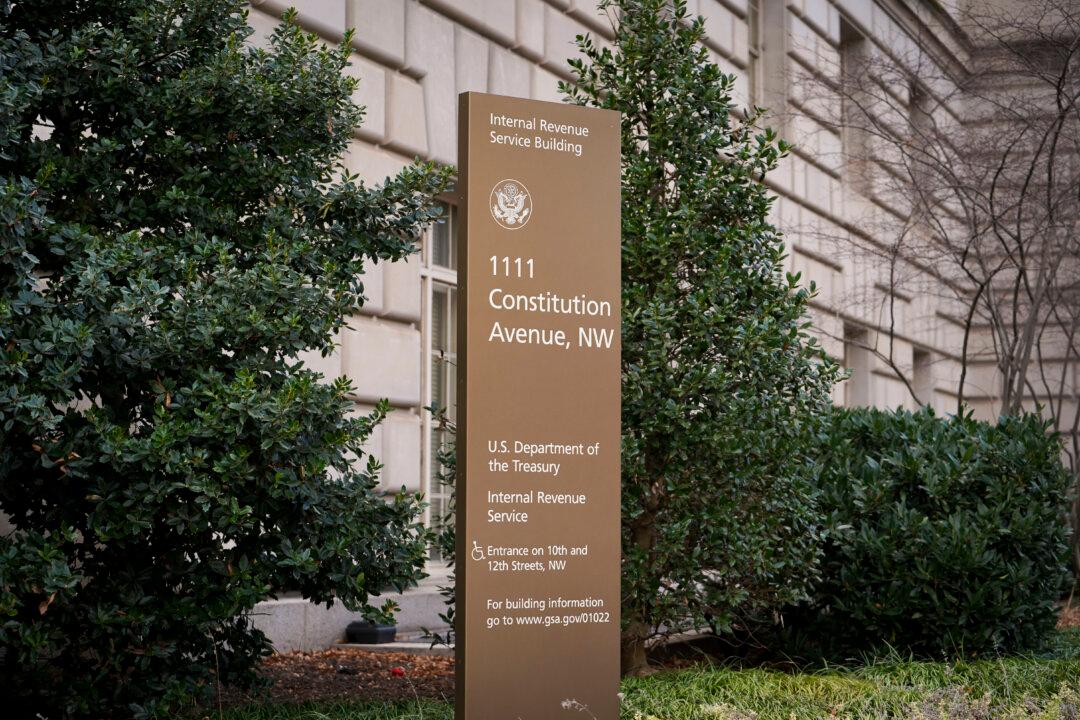A group of 13 Republican Attorneys General criticized the Internal Revenue Service’s (IRS) soon-to-be-launched free online tax filing tool Direct File, warning that it would harm low-income Americans.
“We write to you in opposition to the unnecessary and unconstitutional efforts to empower the Internal Revenue Service (IRS) with the expansive authority to prepare and file tax returns for all taxpayers,” said a Jan. 30 letter from the Attorneys General to the Treasury Secretary. “Congress has never granted the Department of the Treasury authority to create a Direct File program. And for good reason: the American taxpayers do not want to invite the proverbial fox into the hen house. A Direct File program will also have negative consequences for low-income filers and devastate small businesses.”





